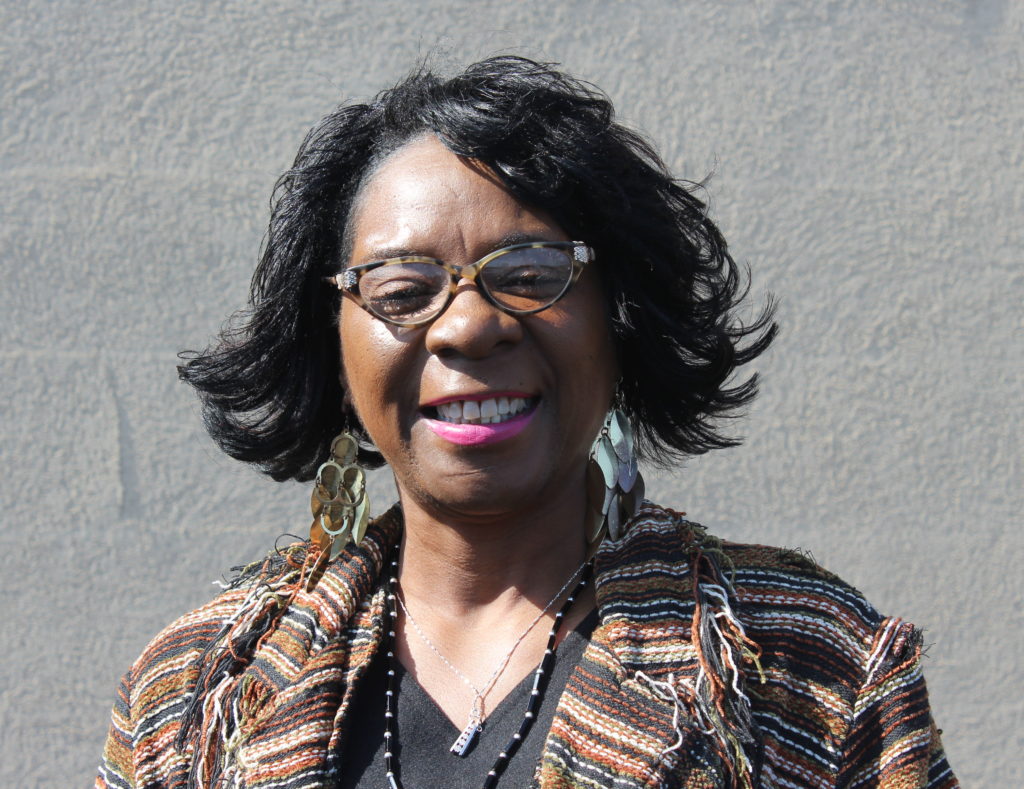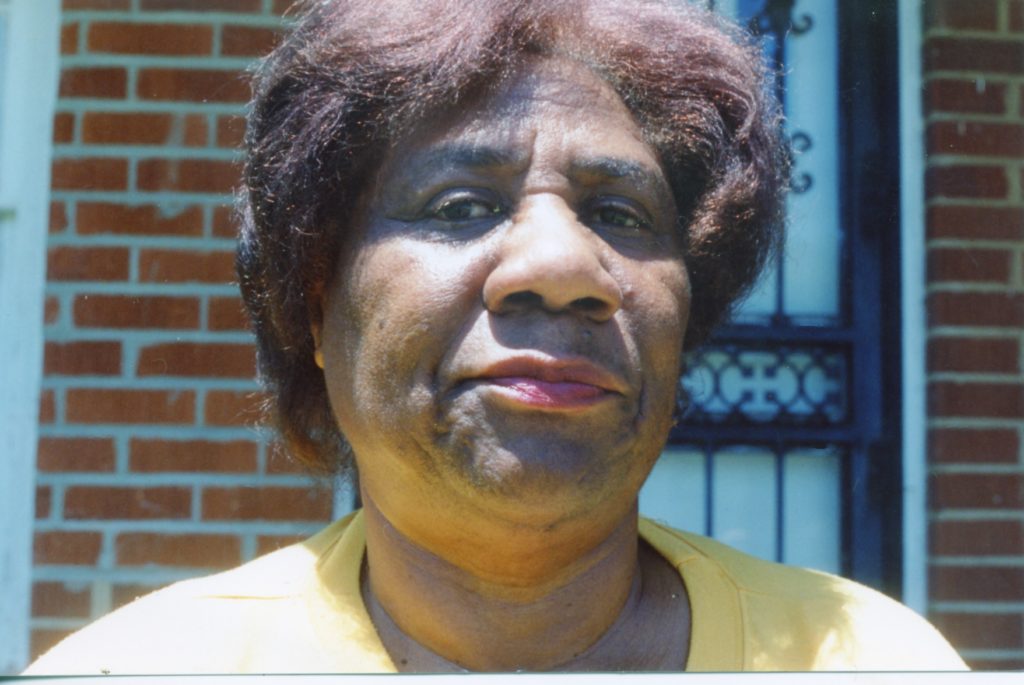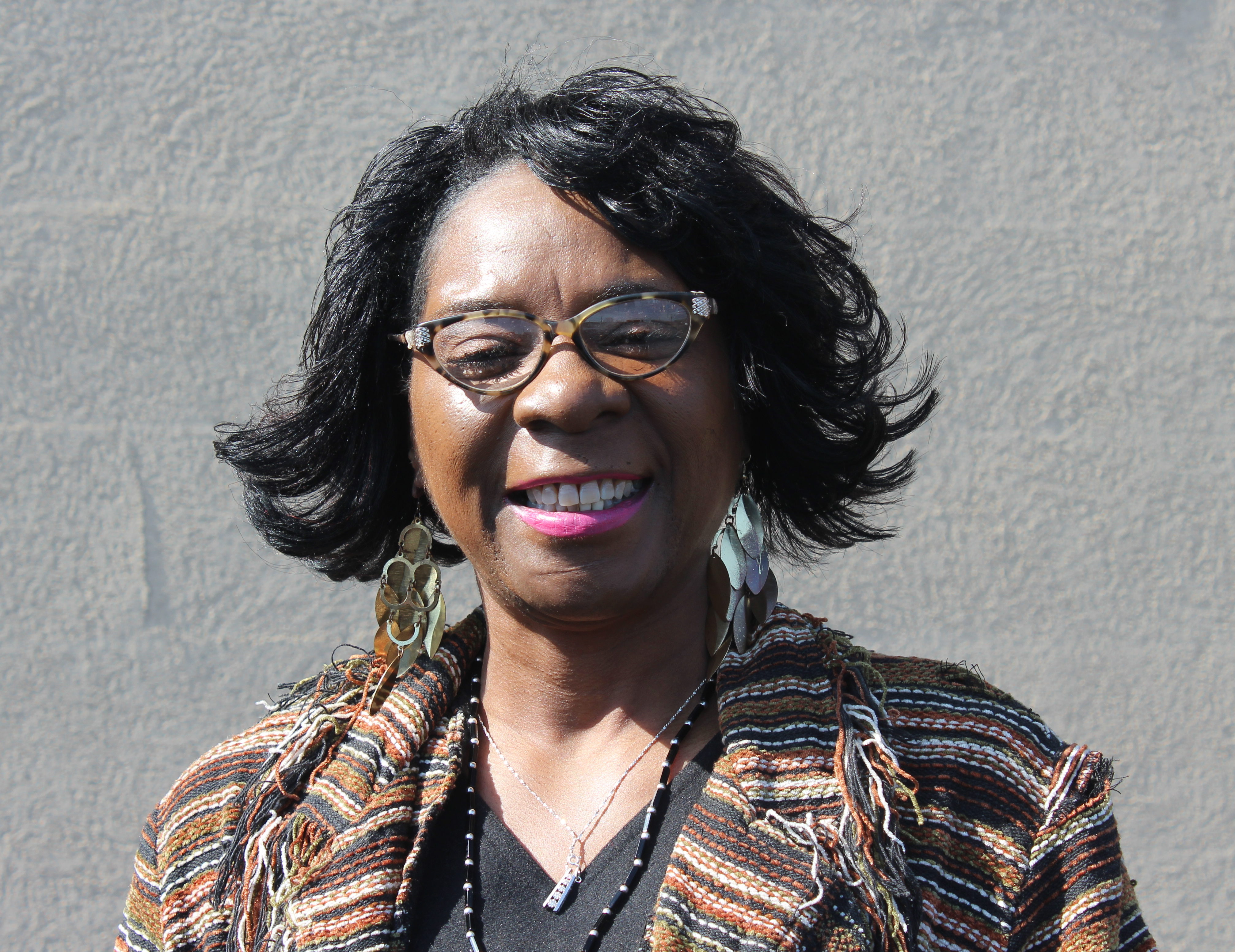By Ariel Worthy
The Birmingham Times

As a child, Puntadeleste “Punta” Bozeman would sit in the back of rural churches wondering why her mother was spending so much time meeting with members of that particular community.
“At the time I was 10 or 11 years old, and … I didn’t want to be there in the middle of the week,” she recalled. “But as I got older, I understood.”
Punta’s mother, Maggie Bozeman, was a civil rights activist and a second-grade teacher in Pickens County schools—and she was dedicated to registering people to vote. That meant constant trips across the state.
With voting rights laws across the country now under siege, Punta feels her mother’s work is more important than ever.
“If my mother were alive today, she would be doing the same thing she always did—getting people registered to vote and getting blacks elected, especially in rural areas,” she said. “That was her thing: more black voters, more of a chance for black officials. With Aliceville being in the Black Belt and in a rural area, where there were not enough black officials, that was her purpose.”
Cause Célèbre
Maggie Bozeman, who died in 2004, became a cause célèbre when she was arrested and charged with voter fraud. Here’s what happened, according to Punta and a family friend, Boyd Bosma.
In 1979, Pickens County officials accused Maggie Bozeman and her longtime friend Julia Wilder of casting absentee ballots for 39 elderly residents without their permission. All-white state-court juries convicted both black women of vote fraud. Bozeman and Wilder denied any wrongdoing, and the convictions sparked national outrage.
When the two were imprisoned in 1982, civil rights activists organized a motorcade from Montgomery to the Pickens County seat of Carrollton. Bozeman and Wilder spent 15 days in prison and 10 months in a work-release center before being paroled. The combination of pressure from protesters and the Southern Christian Leadership Conference, as well as media coverage, brought attention to the case—and, ultimately, a federal judge threw out the cases against both.
Punta remembered the day her mother was arrested in 1979.
“I was a teenager at the time,” she recalled. “I came home one afternoon, and my mother wasn’t there, which was unusual. She had a routine. Every day when I would get home from school, dinner would be prepared. This day dinner wasn’t prepared and she wasn’t there. I figured she had a meeting. Hours went by, and eventually my aunt came by and said, ‘Your mother’s not coming home today.’”
As the case continued, Punta went off to college and her mother was still on work-release. Visits were a hassle, she recalled.
“At the time I was a freshman at Howard University,” she said. “I would literally fly from [Washington], D.C., to Montgomery, and the sheriff would have a car waiting at the airport to take me to Tuskegee to see my mother.”
Being in jail did not slow Maggie Bozeman’s activism, though. A black deputy warden would take Maggie to his office, where she would make phone calls across the country and make sure activists knew what she had been through.
“My mother had to have the patience to endure, … perseverance to continue to do what she was called to do, and mostly prayer. She was a constantly praying woman,” Punta said.

Getting Folks Out to Vote
Election Day was an important day in the Bozeman household.
“[My mother] would take off work on Election Day and organize people to drive voters to the polls. All the drivers would come to our house at 5 a.m. and eat a full breakfast that my mother prepared from scratch,” Punta said. “Our house phone would ring all day, with people calling saying they needed a ride. The drivers would pick up the people, wait as they voted, and take them back home. That would happen all Election Day at our house.”
Named After a City
Puntadeleste is named after a city in Uruguay—Punta Del Este, which translated means “point of the east.”
Both of her parents were history educators who met at Alabama State University, and they knew that every year all the presidents of the world would meet in a specific city in December.
“My birth month is December, and that year they met in Punta Del Este, Uruguay. My father, Clarence Bozeman, said ‘Why don’t we name her Puntadeleste?’ My mother agreed. Had the meeting been in Chicago my name would probably be Chicago.”
Punta’s father was a driver for the Rev. Dr. Martin Luther King Jr. when he was in Alabama.
“A professor said to my father, ‘There is a young minister in town who needs a ride to and from church. Are you interested?’ My father said, ‘Yeah,’ went for the interview, and learned that it was for [Dr. King]. I didn’t find out any of this until I was in college and my father told me how he made money while in college.”
Punta, who has four children—Coatilique, Adonis Ramsay, Akhenaton, and Anyansi—believes her mother’s compassion and discipline helped shape her as a mother.
“I didn’t grasp what type of person she was when I was a teenager and in my 20s, but once I became a mother it was a rude awakening. I knew her maternal instincts were embedded in me. I knew that my mother was passionate about everything she fought for and taught,” she said.
Maggie Bozeman is one of those unsung heroes you don’t often hear about, Punta said: “You hear a lot about the Fannie Lou Hamers, the Coretta Scott Kings, the Rosa Parkses … but there are other people who, like my mom, did a lot as well, people you may or may not know about. It’s time that the world knows about them.”




![Birmingham’s Well-Dressed: Lawrence Fencher, ‘I Like Taking Worn-Out [Clothes] … Making Something New’](https://www.birminghamtimes.com/wp-content/uploads/2025/09/LawrenceFrencher-1-238x178.jpg)
